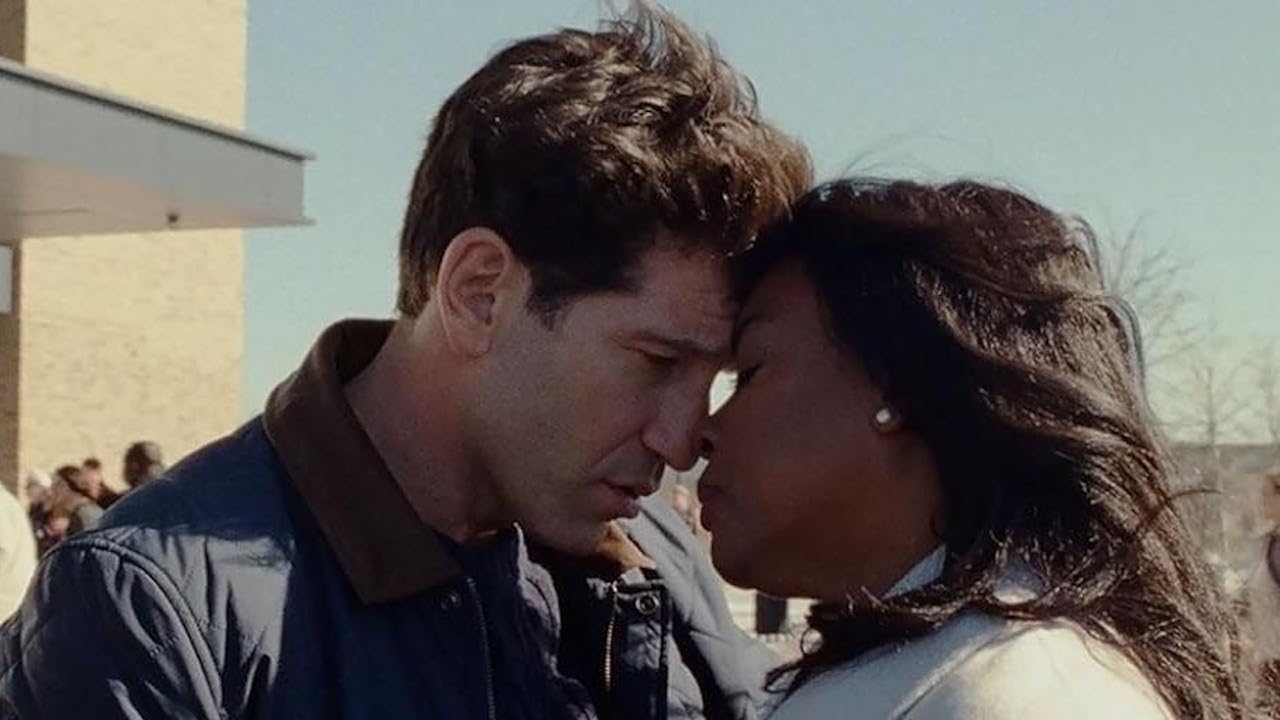
Oscar nominee Ava DuVernay isn’t one to take it easy on her audience. With 13th, she explored America’s prison industrial complex and its inherent racism. With When They See Us, she told the true story of five black teens being falsely convicted of murder. And, of course, with Selma, she chronicled Dr. King’s plight to secure equal voting rights. Her new film, Origin, is no different when it comes to heavy subject matter, and according to DuVernay, if something is hard to watch, that’s all the more reason to face it.
CinemaBlend recently caught up with Ava DuVernay for our latest At The Movies interview in partnership with AMC Theatres. When she was asked about making the “hard things digestible,” she expressed the importance of facing certain difficult truths:
You know, in our country, we just don't think about it and put it in the drawer. You know what I mean? Like leave it in a book or you know what? Just take that book off the shelf. We don't need to talk about the things that really happened. It'll all be fine. And we kind of move through life, move through generations that way, and nothing ever is healed and nothing ever changes. In order to change it, you have to look at it, right? … you can't run from what bothers you. Be a grown up and look in your drawer and see what's in there.
While there are countless reasons to stream 13th and DuVernay’s other previous works if you want to learn a thing or two, Origin takes things up a notch. Based on the book Caste: The Origins Of Our Discontents by Isabel Wilkserson, the adaptation explores a somewhat controversial theory that all prejudices in this world are interconnected, specifically stringing yarn between the events of the Holocaust, the caste system in India and slavery in the United States with the ensuing racism still felt today.
To accomplish this, Ava DuVernay explores unorthodox techniques for narrative film, like using audio from the actual 911 call George Zimmerman made before killing Trayvon Martin. Obviously this is a hard watch, with CinemaBlend’s own Corey Chichizola saying that he was left “sobbing” after the film came to a close with that pivotal final shot in Origin. However, continuing her point about making hard subject matter digestible, she explained that the film is meant to be more hopeful than sad:
It is easy to say, ‘it's it's a sad film.’ It's actually a hopeful film, and it's a film that at the end is triumphant. In order to triumph, you have to get over something. So I have to show you the stuff that you have to get over, and then you watch, you get over it, and hopefully you walk out of the theater [with] a feeling of lightness and of lift and possibility. How can I change? How can I do something differently in my own life and in the world? That's the goal.
While Ava DuVernay is adamant about challenging her audience through the medium of film, these days, she’s become a figure in pop culture for her outspoken activism. Whether she’s speaking on the difficulties of being taken seriously as a black filmmaker in America, or bringing unusually diverse casting to a major Disney blockbuster, everything she does seems to highlight social and racial injustice. This barely touches the surface when it comes to fascinating facts about Ava DuVernay.
You can, and should, see Origin in AMC Theatres right now! It’s a powerful and poignant way to help kick off the 2024 movie release schedule. Our whole conversation with Ava DuVernay was about as inspiring as interviews get, and you can see it in the video at the top of this article.







